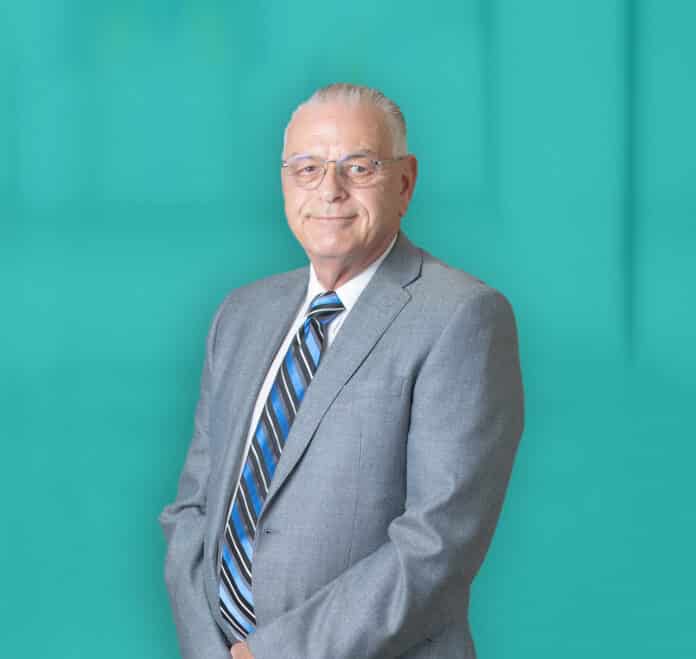
By: Alexander Feigl, MD
DHR Health Urology Institute
The topic of men’s health is wide ranging. There are a few topics that make up the bulk of the issues men discuss in a urology office.
Prostate would top the list of topics. There are benign and malignant prostate issues. Every male will have growth of the prostate through the years, which is considered benign. Perhaps half of men will not notice any symptoms. The other half, however, will develop symptoms that may include burning, urgency, hesitancy, intermittent stream, dribbling, and getting up in the middle of the night. These symptoms may progress to recurrent urinary tract infections, bleeding, and retention of urine that could require a catheter.
As scary as that sounds, most men do not progress to the extreme cases, and most of the symptoms are treatable with medical therapy. For those patients who do not respond to medical therapies, there are a variety of surgical therapies that have an excellent history of results.
The darker side of the prostate of course would be prostate cancer. One in six men will develop it. The older a man is the more likely he will develop prostate cancer, however, the older a man is the less likely he will die of prostate cancer. Hence it is a more lifesaving find in younger men.
The American Cancer Society and the United States Preventive Services Task Force suggest screening for prostate cancer beginning at the age of 50 and the American Urological Association suggests screening at the age of 55. They all agree that screening should continue to age 70 and beyond.
Each case of prostate cancer is different. As with any cancer, it is assigned a stage (basically how much there is and where it is located) and grade (a value assigned by a pathologist to estimate the aggresivity of a particular cancer). If you do receive a diagnosis of prostate cancer, do not despair. There are many treatment options available depending on age, stage, and grade, however, it is important to begin a discussion with a urologist to help guide you along the right path.
Erectile dysfunction (ED) and testosterone replacement therapy are two other topics commonly discussed in the urology office. Both topics are more common with aging, however, diet and exercise also play an important role as well as preexisting conditions. ED may be helped with testosterone therapy, but there are oral medications and more invasive treatments that usually yield more impressive results. There are also a variety of treatment options available for treating low testosterone. If either of these issues have come into your life, a urologist can help navigate you in the right direction.
Please discuss your concerns with a urologist as soon as possible. Opinions off the internet can be misleading. If you would like more information or to speak to one of our experts, please call DHR Health Urology Institute at (956) 362-8767.




